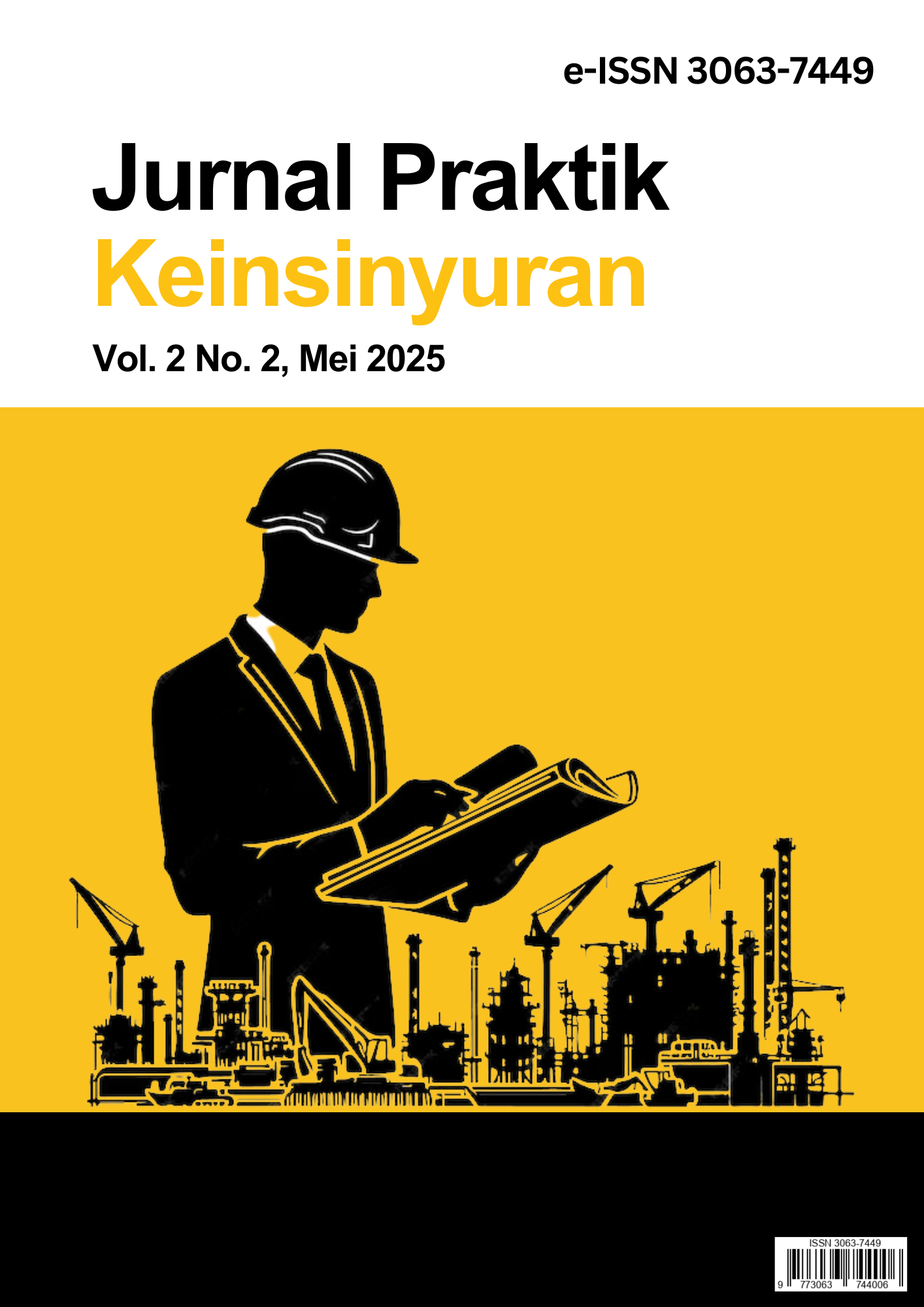Critical Path Method pada Crashing Project Pembangunan Gedung Business Park Citraland City Losari Makassar
DOI:
https://doi.org/10.25170/jpk.v2i2.6418Keywords:
Project Delay, Project Crashing, CPM, Normal Cost, Crash CostAbstract
Dealing with project delays can be done by accelerating project work, known as crashing projects. This study uses the Critical Path Method (CPM) with the alternative of adding 6.3 hours of overtime per day and adding 25% of the total workforce per work item. This research is conducted by analyzing the network that is on the critical path and accelerating the work items that are on the critical path The purpose of this study is to determine the duration (time) of the project implementation crash, compare the time and cost of project implementation before and after project implementation. In this case, the building studied by the author is the construction project of the Citraland City Losari Makassar Ruko Business Park. The results showed that the duration became 56 days 51% faster than the normal duration of 109 days. Regarding this, the direct cost had changed from Rp. 2,759,614,089.00 to Rp. 2,930,874,985.09. The indirect costs also changed. The initial cost has increased as much as Rp. 127,024,719.08 so that the total project value is Rp. 3,159,567,673.76.
References
1. Frederika, A. (2010). Analisis Percepatan Pelaksanaan dengan Menambah Jam Kerja
Optimum pada Proyek Konstruksi (Studi Kasus: Proyek Pembangunan Super Villa, Peti Tenget-Bandung). Jurnal Ilmiah Teknik Sipil. 14(2), 113-126.
2. Husen, A. (2009). Manajemen Proyek: Perencanaan, Penjadwalan, dan Pengandalian Proyek. Yogyakarta: Penerbit Andi.
3. Kementerian Tenaga Kerja dan Transmigrasi. (2004). KEP.102/MEM/VI/2004 tentang Waktu Kerja Lembur dan Upah Kerja Lembur. Jakarta: Kementerian Tenaga Kerja dan Transmigrasi RI.
4. Kerzner, H. (2009). Project Management A System Approach to Planning, Schedulling and Controlling. 10th Edition. New Jersey: John Wiley and Sons.
5. Soeharto, I. (1997). Manajemen Proyek dari Konseptual Sampai Operasional. Jakarta: Erlangga.




